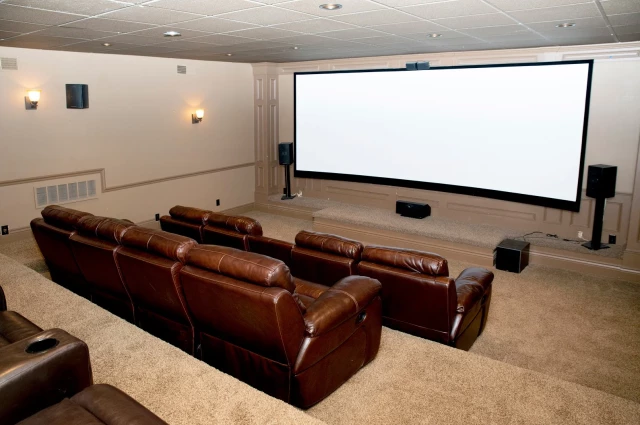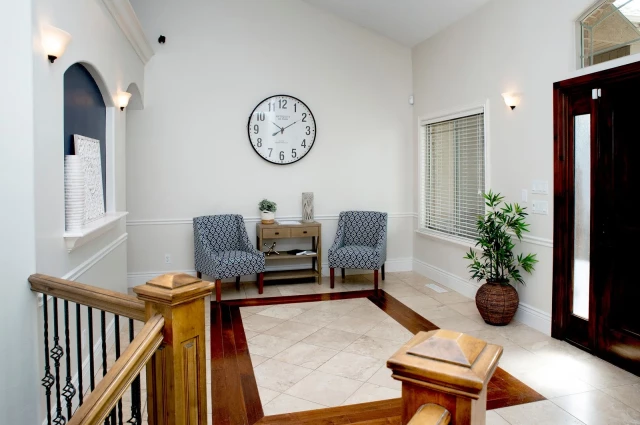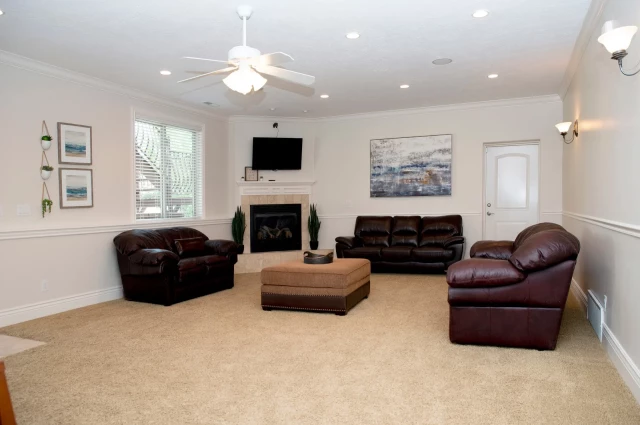Liberty Addiction Recovery Centers Information
Treatment
Who We Treat
- Male and Female
Treatment Focus
- Co-Occurring Disorders
- Drug Addiction
- Trauma-Specific Therapy
- Opioids
- Alcohol
Approaches
- 12-Step-Based
- Evidence-Based
- Twelve Step
- Family Therapy
- Group Therapy
- Holistic
- Cognitive Behavioral Therapy (CBT)
- Dialectical Behavior Therapy (DBT)
- 1-on-1 Counseling with Clinical Psychologist
- Art Therapy
Conditions We Treat
- Depression
- Anxiety
- Post Traumatic Stress Disorder (PTSD)
- Grief & Loss
- Trauma
- Codependency
- Grief and Loss
- Stress
- Anger
- Co-Occurring Disorders
Substances We Treat
- Alcohol
- Benzodiazepines
- Heroin
- Opioids
- Cocaine
- Methamphetamine
- Nicotine
Languages
- English
Aftercare
- Intensive Outpatient Program
- On-site Aftercare
Level of Care
- Outpatient
- Intensive Outpatient Program (IOP)
- Outpatient Detox
- Detox
- Residential Rehab
- Co-Occurring Mental Health
Experience
On-Site Amenities
- Gardens
- Walking Trails
- Access to Nature
- Outdoor Lounge
Personal Amenities
- Air-Conditioned Rooms
- Shared Rooms
Off-Site Amenities
- Access to Nature
On-Site Activities
- Waterfalls
- AA/NA Meetings
Off-Site Activities
- Adventure Outings
- AA/NA Meetings
Accreditations
-
State department of health
Government agencies issue State Licenses, granting rehabilitation organizations permission to operate their businesses lawfully within specific geographic regions. The specific licenses needed for legal operation are typically determined by the type of rehabilitation program offered by the facility and its physical location.

-
The Joint Commission
The Joint Commission, previously known as JCAHO, is a nonprofit organization that accredits rehabilitation organizations and programs. Established in 1951, its mission is to enhance the quality of patient care and showcase excellence in healthcare delivery.

Liberty Addiction Recovery Centers Accepts The Following Insurance Plans
Find the best treatment options. Call our free and confidential helpline today!















